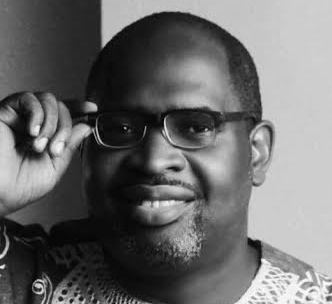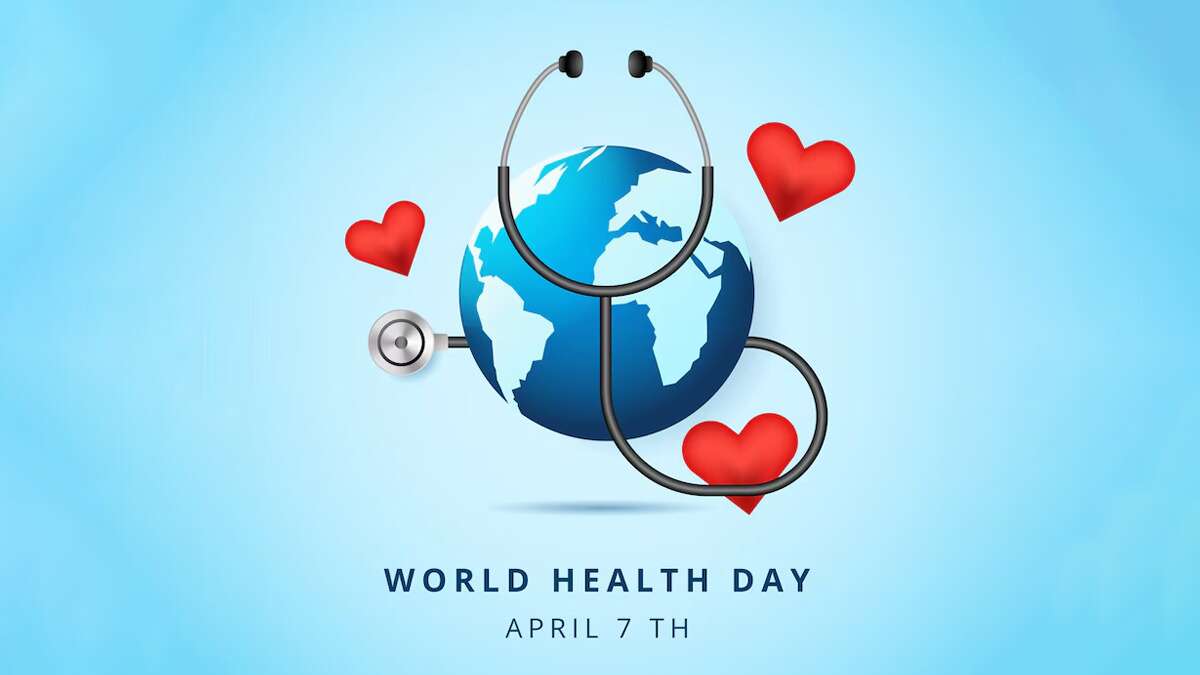In March 2023, the Deputy Vice-Chancellor (Administration) of the Federal University, Oye Ekiti (FUOYE), Tajudeen Opoola, claimed that an asthmatic student lost his life due to the industrial action by the Senior Staff Association of Nigeria Universities (SSANU) and the Non-Academic Staff Union of Educational and Associated Institutions (NASU). Mr Opoola said that the student died because he could not immediately access medical care, as the striking workers had locked the access to the university. The student died because of the health situation at the school.
This Sunday, we commemorate #WorldHealthDay, a significant day that underscores the importance of health as a fundamental right for all. This year’s theme, ‘#MyHealthMyRight,’ is a powerful reminder that good health is not a privilege but a right. It’s a call to action for everyone to ensure that health is accessible to everyone without discrimination.
The date is also the 76th anniversary of the Constitution of the World Health Organization coming into force. (The birth of WHO was on the 7th of April, 1948).
As we approach World Health Day, we must reflect on our individual and collective responsibility towards health. Individuals, Teachers, parents, workplace leaders, community leaders, and policymakers all have roles to play.
Advertisement
The World Health Organization’s Constitution states, “The enjoyment of the highest attainable standard of health is one of the fundamental rights of every human being without distinction of race, religion, political belief, economic or social condition.” The African Charter on Human and Peoples Rights and the Universal Declaration of Human Rights (1948) guarantees the right to health. Chapter 2 of the Constitution of the Federal Republic of Nigeria 1999 (as amended), the National Health Insurance Scheme Act (1999), etc., also guarantee the right to health. Section 17(c) & (d) of the Nigerian 1999 Constitution (as amended) which states:
The State shall direct its policy towards ensuring that: (c) the health, safety, and welfare of all persons in employment are safeguarded and not endangered or abused; (d) there are adequate medical and health facilities for all persons.
Our governments and policymakers hold the key to a healthier future. It’s time for them to step up and prioritize health. Primary health care should become a cornerstone of our health systems. Access to free health care for women and children under five is not a luxury; it’s a necessity. The provision of free health care for pregnant women can save lives. No one should suffer or die because they are poor or cannot access the health services they need. It’s time for action. Let me commend the former Executive Vice-Chairman/Chief Executive of the Federal Competition and Consumer Protection Commission (FCCPC), Mr. Babatunde Irukera, for the commission’s Patients’ Bill of Rights (PBOR). The PBOR has made a significant contribution to the health of Nigerians.
Advertisement
Workplaces play a crucial role in our health. As Human Resources professionals and workplace leaders, we have the power to prioritize the health of everyone at work. Let’s ask ourselves, is our workplace healthy and safe for all? It’s in our hands to make a difference. Some jobs and work environments pose a higher health challenge to the workers. For example, WHO estimates that About 54% of health workers in low- and middle-income countries have latent tuberculosis, which is 25 times higher than the general population. Also, between 44% and 83% of nurses in clinical settings in Africa have chronic lower back pain, compared to 18% among office workers, and Globally, 63% of health workers report experiencing any form of violence at the workplace. Firefighters, paramedics, and mine workers also experience significant health risks.
As a result, Organizations should focus more on Occupational health, an area of work in public health that promotes and maintains the highest degree of physical, mental, and social well-being of workers in all occupations. Organizations should be aware of and practice the highest standards of Occupational Health, and professionals should be available to help manage employees’ health.
Health Insurance is one of the ways that employers can improve the health of their employees. In Nigeria, under the National Health Insurance Act of 2022, health insurance is mandatory for all Nigerian employees at organizations with more than five employees. As Canada has a publicly funded healthcare system, there is no compulsory employer-funded health insurance. While in the USA, there is no federal law that mandates employers to provide their employees with health insurance. However, exceptions exist based on the number of employees or the type of occupation. In the end, great workplaces offer minimum essential coverage for their employees.
Employers should remember the expectation in the fourth schedule, sections 385 and 398 (5) Companies and Allied Matters Act, 2020 2020, No. 3 A 499 on the Health, Safety, and Welfare at Work of the Company’s Employees. It states that “8. The directors’ report shall contain a statement as to the arrangement in force in the year for securing the health, safety, and welfare at work of employees of the company and its subsidiaries and for protecting other persons against risks to health or safety arising out of or in connection with the activities at work of those employees.”
Advertisement
The Day is a Sunday, so it’s also an opportunity for Churches to discuss health. Churches can talk about Good health and other fundamental human rights like access to safe drinking water and sanitation, nutritious foods, adequate housing, education, and safe working conditions that affect health. Pastoral teams should remember that the Bible provides much guidance about health. Jesus elevated this by saying health and healing are his people’s rights. Indeed, Jesus made health a right issue. I am impressed with Rick Warren, who said, “The Father made your body, Jesus paid for your body, and the Spirit lives in your body. You better take care of it.” Pastor Rick Warren and a team wrote the Daniel Plan and led his church to commit to better health. Fifteen thousand members of his Saddleback Church signed up and collectively lost about 250,000 pounds through a fitness program. Imagine if more churches started this.
The right to health for all people means that everyone should have access to the health services they need, when and where they need them, without suffering financial hardship. Everyone, everywhere, has the right to accessible, acceptable, and affordable health services. Let’s commit to prioritizing health and access to healthcare in our respective roles.
Let’s all stand up and demand #MyHealthMyRight.
Advertisement
Views expressed by contributors are strictly personal and not of TheCable.
Add a comment







